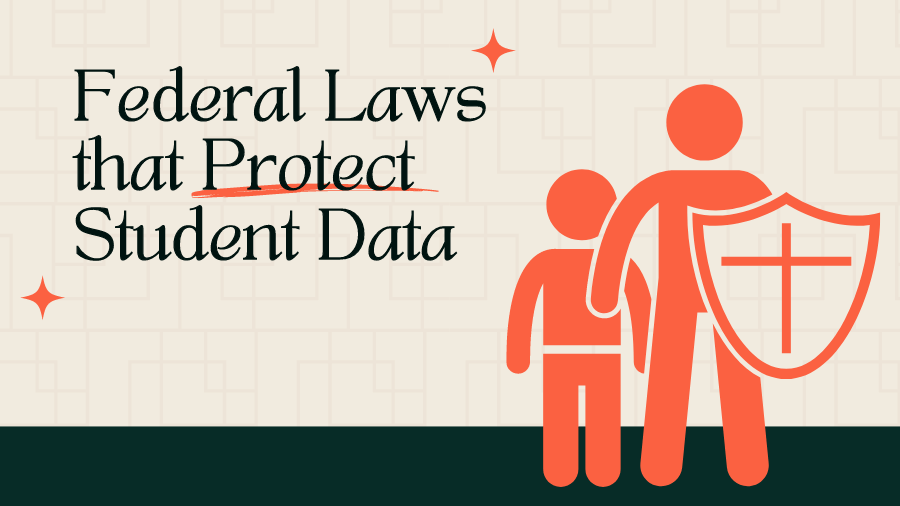In the digital age, the protection of student data has become a paramount concern for K-12 school leaders. As educational institutions increasingly incorporate technology into their curricula, they also inherit the responsibility of safeguarding their students’ privacy. To navigate this complex landscape, it’s crucial for educators to be well-versed in the federal laws designed to protect student data. This article outlines three foundational federal laws—FERPA, PPRA, and COPPA—providing a comprehensive guide for school leaders on maintaining student data privacy.
Understanding FERPA: The Cornerstone of Student Data Privacy
The Family Educational Rights and Privacy Act (FERPA) serves as the cornerstone of student data privacy in the United States. This law secures the privacy of students’ educational records by setting strict parameters around access. Only authorized individuals are allowed to view student records, and even then, for specified purposes only. Furthermore, FERPA delineates the procedures that must be followed when handling these records, ensuring that student information is kept confidential and secure. For K-12 school leaders, understanding and complying with FERPA is essential for protecting student privacy and maintaining trust with students and parents alike.
The Role of PPRA in Student Surveys and Evaluations
The Protection of Pupil Rights Amendment (PPRA) addresses the use of surveys, analysis tools, and evaluations funded by the US Department of Education. This law mandates parental consent for the administration of many such tools to students, ensuring that families are informed and agreeable to the collection of their children’s data. Additionally, PPRA requires school districts to adopt policies regarding the usage and handling of data collected through these instruments. By following PPRA guidelines, schools can responsibly gather valuable information while respecting the rights and privacy of students and their families.
COPPA: Safeguarding Children’s Online Privacy
The Children’s Online Privacy Protection Rule (COPPA) is particularly relevant in today’s digital learning environment. COPPA imposes obligations on operators of websites, games, mobile apps, and other online services aimed at children under 13 years of age. This law ensures that these entities obtain parental consent before collecting personal information from children, offering a layer of protection against the unauthorized use of young students’ data. For educators, COPPA underscores the importance of vetting digital tools and resources to ensure they comply with these critical privacy standards.
Conclusion
In an increasingly intertwined era of technology and education, protecting student data cannot be overstated. Federal laws like FERPA, PPRA, and COPPA, along with state-specific regulations such as New York’s Ed Law 2-D, provide a robust legal framework for safeguarding student privacy. By familiarizing themselves with these laws, K-12 school leaders can ensure they take the necessary steps to protect their students’ information, uphold privacy standards, and foster a safe educational environment in the digital age.
Have specific questions about compliance with Federal and State Data Privacy Laws for your school? Learn more about our DPO Compliance Support and request a free consultation.


